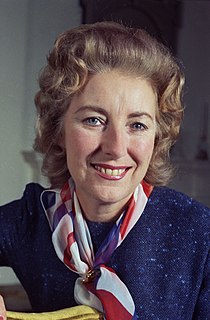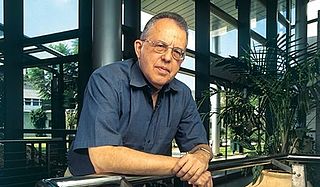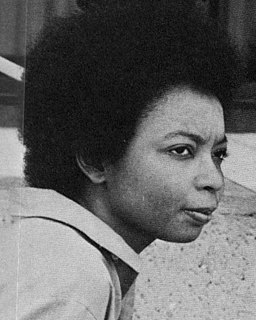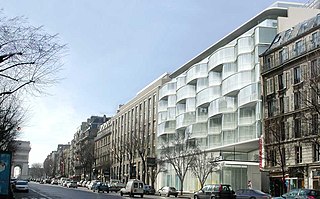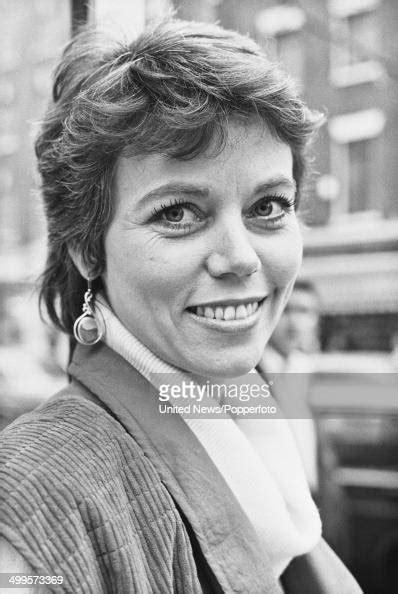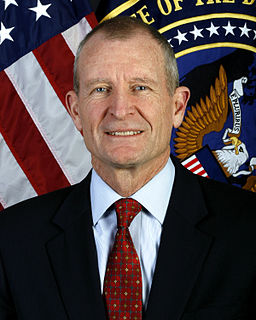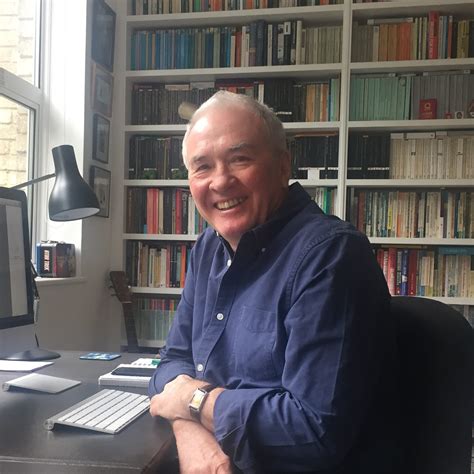A Quote by Viv Albertine
Both my parents lived through a world war. My grandparents lived through two world wars. And they didn't go around saying, 'Look for happiness.'
Related Quotes
My great-grandmama told my grandmama the part she lived through that my grandmama didn't live through and my grandmama told my mama what they both lived through and my mama told me what they all lived through and we were suppose to pass it down like that from generation to generation so we'd never forget.
My parents, like others of "The Greatest Generation" who lived through the Great Depression and World War II, wanted to provide the best possible life for their children. My mother and father both attended college but dropped out to earn a living during the Depression, working the rest of their lives at blue-collar work.
I know it feels like two steps forward and one step back, but we are making progress. In my lifetime, I have lived through one World War, I have lived through the end of Apartheid in South Africa, the pulling down of the Berlin Wall. I have experienced what I never thought I would have experienced, which is a pretty workable peace in Northern Ireland, and I experienced a unified Europe - until the Conservative government got its hands on the idea that in order to appease a few back-benchers they would hold a referendum, what a disastrous idea.

